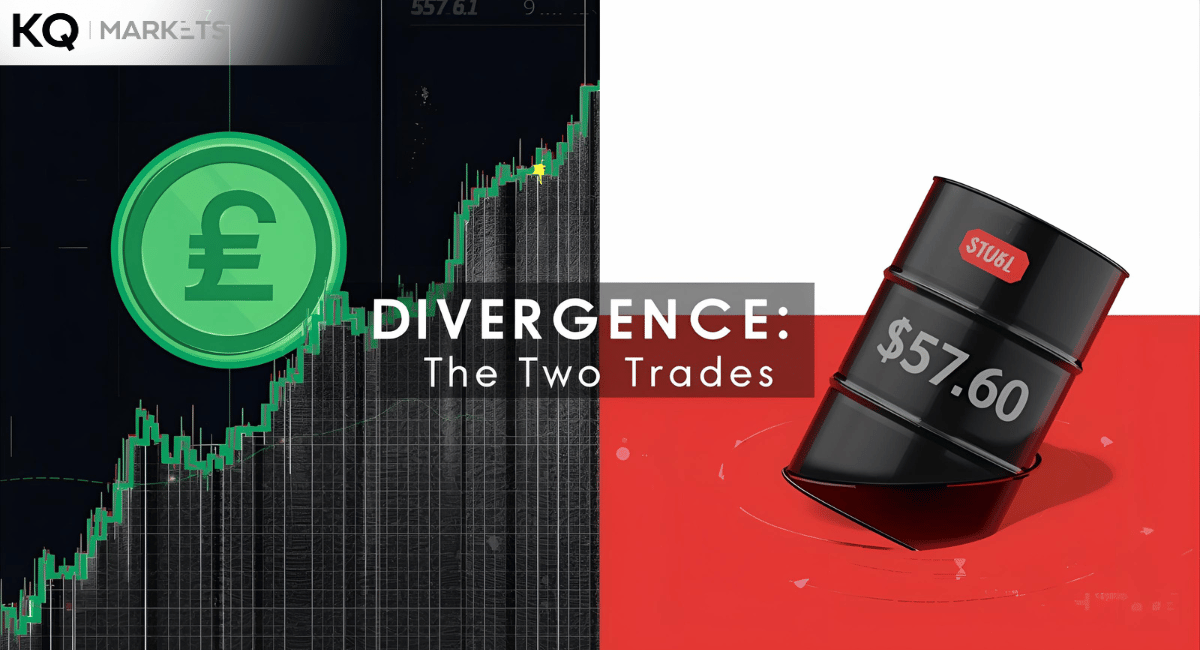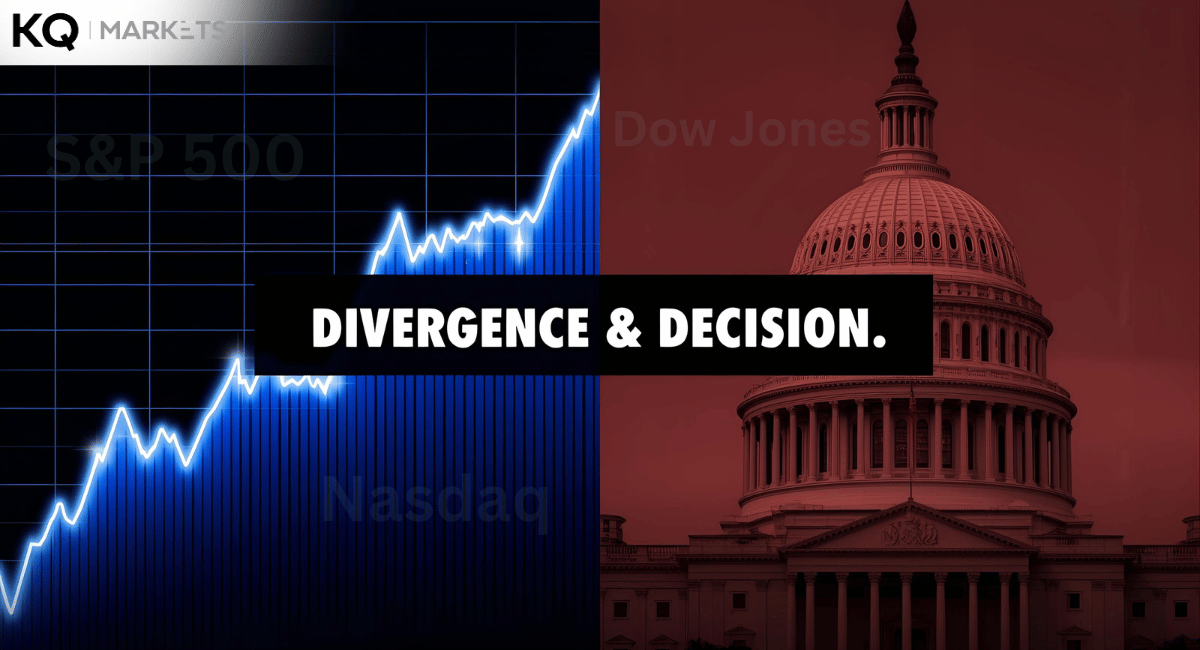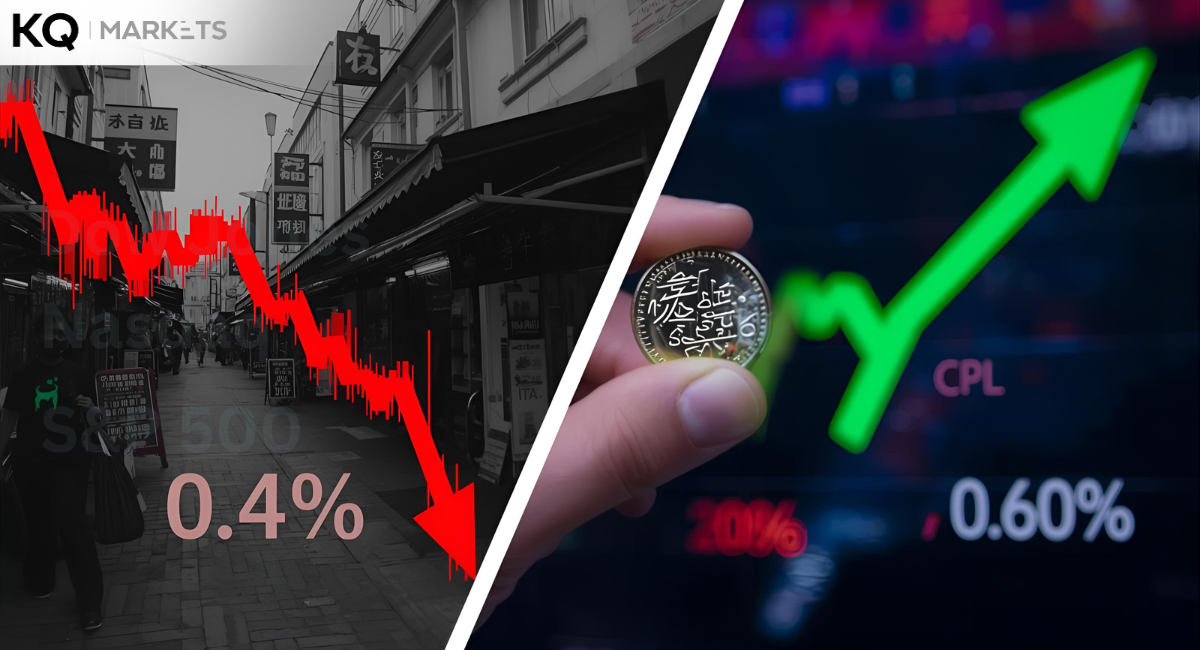A survey by corporate governance advocacy non-profit OCEG showcased that over half of 530 corporate executives questioned do not believe in the maturity and reliability of their companies’ environmental, social and corporate governance (ESG) programs.
The general perception of ESGs in the corporate world seems to be sceptical. Efforts put into the topic vary between firms, with some promising net-zero targets, without plans to reach the goal. Several companies have come under inspection, with regulators accusing them of “greenwashing”.
Of the executives questioned 78% believe that their companies public ESG targets have had an impact on the firms’ brand and reputation. In contrast, only 48% believe that these targets impact their company’s financial outcomes.
A shocking 28% of surveyed executives stated they have no confidence that their firms had ESG capabilities, an additional 30% say their confidence is minimal. 9% of respondents say they are highly confident.
“A lot of sustainability programs are being published on the back of a spreadsheet and a prayer,” said vice president of research and ESG at the Diligent Corporation, Matt DiGuiseppe. The corporate governance software firm assisted OCEG during the survey.
Corporate associations and intergovernmental bodies in Europe and the United States have published non-binding frameworks for realising ESG potential, however regulators have not applied proper standards for making ESG commitments and disclosures.
Most of the respondents of the survey conducted by OCEG are involved in the managing and reporting of their firms ESG policies. More than half of them stated that they consider ESG stats for some investments their companies make.
ESG factors need to be made a priority in the corporate structure for their affects to settle in. 32% of executives questioned said they had plans to base compensation for executives on ESG factors. 20% of respondents stated that they already did so.
To prevent greenwashing in the future reporting on ESG needs to be properly executed and enforced by the regulating bodies in the world’s major economies.
_________________________________________________________________________________________________
*DiNapoli, Jessica (15. September 2021). Reuters: Most executives think their ESG programs fall short, survey finds. Last viewed on 24.09.20





